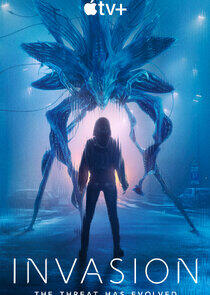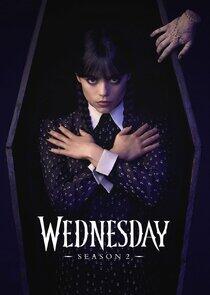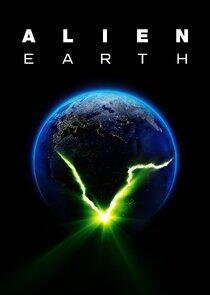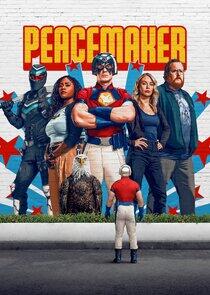Cracks in the Facade

In the 1970s Australian governments under LNP Prime Ministers John Gorton and Billy McMahon relayed perfect images of the country to foreign nations.
Australia was a land of beaches, opportunities, aspiration and relaxation. The long-forgotten Commonwealth Film Unit, later known as Film Australia, was bestowed with the task of filming what amounted to propaganda. Public servants filmed a "portrait of Australia" seen on screens such as Expo '70 in Japan, with cameras in the hands of white males.
New SBS documentary Australia: An Unofficial History is but one perspective on the 1970s, drawing upon rarely seen clips from the Unit, made available by the National Film and Sound Archive, and narrated by Jacki Weaver.
Weaver was a rising star in the 1970s, winning her first Logie for a Nine telemovie Do I Have to Kill My Child? The subject about post-natal depression would be lucky to get a Nine commission in 2025, I suspect. Weaver recalls being proud of the 1976 film, funded by Film Australia and directed by Donald Crombie.
But early 1970s short films from the Commonwealth Film Unit were much different, with bikini clad girls on the beach turning mens' heads, and women in primary colours shopping for casserole pots. Australia. What's not to love?
Alternative perspectives were seen as fringe opinions but as the doco reveals, renegade filmmakers would begin to borrow the same equipment on weekends to tell the stories they wanted to tell.
Together with new movements in the community, railing against expectations, other voices began being heard.
This included First Nations protests, including the Aboriginal Tent Embassy in Canberra caught on film. Filmmaker Ian Dunlop went to Yolongu to invite elders to tell their story in a film on land rights.
There were protests about Australian involvement in the Vietnam War.
The Women's Liberation movement would begin to air views about abortion and domestic violence.
Gay Liberation would see activist Dennis Altman famously appearing on ABC's Monday Conference (ok it wasn't a Film Australia product).
By the time Gough Whitlam swept into power in 1972 on the back of the "It's Time" campaign, multiculturalism was the buzzword, with Al Grassby becoming Minister for Immigration and ending a White Australia policy. Under Whitlam, the government would also back the Arts and use Film Australia to create empathy around important social topics.
Looking back on these time capsule clips are a range of mostly Gen X and Gen Y commentators including Benjamin Law, Zoë Coombs Marr, Jan Fran and Leila Gurruwiwi. They can barely believe their eyes at the vision they are seeing, and who can blame them?
But there are also veterans who were there including filmmakers Rod Freeman and Deborah Kingsland, former CEO of Film Australia Bruce Moir, legendary activist Gary Foley, Women's Lib author Biff Ward, actor Rachael Maza, and iconic director Phillip Noyce while Historian Michelle Arrow also brings perspective to the narrative.
By the mid 1970s Australia was telling a more layered and more splintered version of who it was.
This begs the question, have we fulfilled the work of those early champions of social change, have we kept the flames brightly burning or gravitated to other concepts?
And heaven forbid, what will they think of the work produced now when they look back on us in 2075?
Trailer
Recently Updated Shows

48 Hours
48 Hours is a CBS news magazine that investigates intriguing crime and justice cases that touch on all aspects of the human experience. Over its long run, the show has helped exonerate wrongly convicted people, driven the reopening -- and resolution -- of cold cases, and changed numerous lives. CBS News correspondents offer an in-depth look into each story, with the emphasis on solving the mystery at its heart. The program and its team have earned critical acclaim, including 20 Emmys and three Peabody Awards.

Invasion
Earth is visited by an alien species that threatens humanity's existence. Events unfold in real time through the eyes of five ordinary people across the globe as they struggle to make sense of the chaos unraveling around them.

Wednesday
Smart, sarcastic and a little dead inside, Wednesday Addams investigates a murder spree while making new friends — and foes — at Nevermore Academy.

Alien: Earth
When the mysterious deep space research vessel USCSS Maginot crash-lands on Earth, Wendy and a ragtag group of tactical soldiers make a fateful discovery that puts them face-to-face with the planet's greatest threat.

Peacemaker
This James Gunn-created series continues the saga of Peacemaker, a vainglorious superhero/supervillain who believes in peace at any cost — no matter how many people he has to kill. After a miraculous recovery from his duel with Bloodsport, Peacemaker soon discovers that his freedom comes at a price.